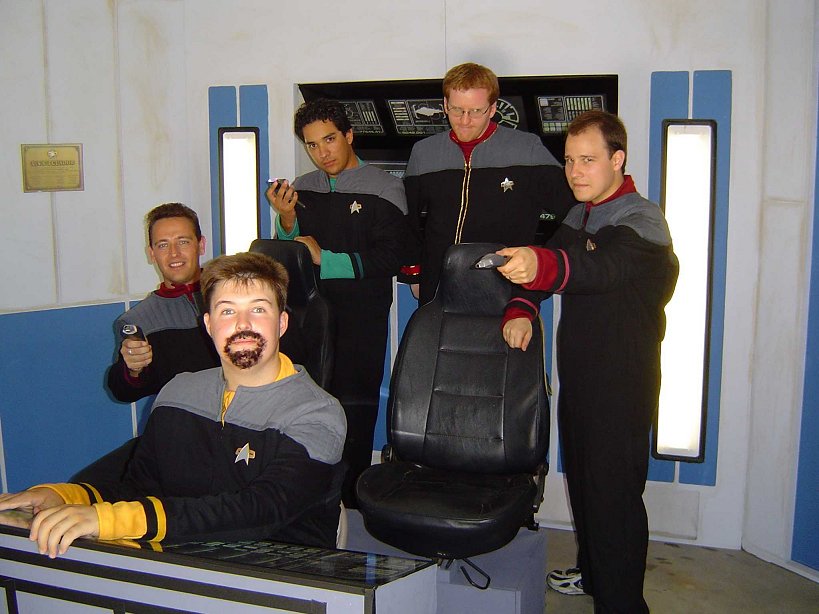to those who think racism is no longer a problem in the u.s., take a look at this e-mail from boston police officer justin barrett in response to an editorial by boston globe columnist yvonne abraham (re: the gates arrest). i post it here for you to read and draw your own conclusions. if you were a black person stopped by this guy on a rural road, would you expect to get a fair shake? would you even feel safe?
***
That was by far the worst article I've ever read. I am a former English teacher, writer, current police officer, father, husband and military veteran. You need to be corrected and I certainly hope others have attempted, for your written messages and material is so 4th grade level, I am embarrassed I paid 1.50 for the paper [rest assured, it is my aim to tell as many readers The Boston Globe and your biased reporting is both sub standard and strictly one sided].

For you are not professional and basically, your writing is ridiculous. A reader may assume, per your article, that criminals are never well-dressed with a tucked in polo [2nd paragraph]. Your defense [4th paragraph] of Gates while he is on the phone while being confronted [INDEED] with a police officer is assuming he has rights when considered a suspect. He is a suspect and will always be a suspect.
His first priority of effort should be to get off the phone and comply with the police, for if I was the officer he verbally assaulted like a banana-eating jungle monkey, I would have sprayed him in the face with OC [oleoresin caseinate aka pepper gas] deserving of his belligerent non-compliance.
Further [5th paragraph], a reader may assume that crimes only happen in back alleys at 0300?! You're kidding me, right? Are you still in the 5th Grade, Catholic School?
That paragraph was as pathetic as jungle monkey gibberish -- I might as well ax [sic] you the question, Is this your first test at reporting?"
You do not understand roles, tactics, and dangers police officers face, as apparently you think no one wearing a polo might possess a firearm of knife on his/her person. Might you fathom a woman could be a criminal? Or are criminals all hairy, dirty, stinky, mean ugly looking men?
You are a hot little bird with minimal experience in a harsh field. You are a fool. An infidel. You have no business writing for a US newspaper nevermind [sic] detailing and analyzing half truths. You should serve me coffee and donuts on Sunday morning.
My last point counters your final 2 paragraphs, in which you state Gates is, "this immensely famous expert on race" -- you really have to be kidding me? Famous for what? Expert why and says who?
What has he done for the law enforcement community or military veterans or to secure freedoms and our borders in this country? What has he done to limit and reduce my income tax?
He has proven to work to get himself attention and become a wealthy lecturer. He lectures students on the subject of racial ethics and profiling. Jee whiz. I must attend that lecture lest I lose my identity and right to free speech and the right to celebrate God and beliefs as I see fit.
I am not a racist, but I am prejudice [sic] towards people whop [sic] are stupid and pretend to stand up and preach for something they claim is freedom when it is merely attention because you do not receive enough of it in your little fear-dwelling circle of on-the-bandwagon followers.
You mention gates' charges were dropped but that it was too late to stop the damage? Damage? Still kidding? You need to serve a day with the infantry and get swarmed by black gnats while manning your sector. Or you just need to get slapped, look in the mirror and admit, "Wow, I am a failure. I am a follower. Who am I kidding?"
Again I like a warm cruller and hot Panamanian, black. No sugar.
Your final statement reads, Gates, whose great success has allowed him to transcend the racial divide" to which I ask, when did he transcend?
He indeed has transcended back to a bumbling jungle monkey, thus he forever tremains [sic] amid this nation's great social/racial divide that makes it a free and great nation mixed with crazy awkward differences.
Go ahead, ax [sic] me what I think? Gates is a goddamned [sic] fool and you the article writer simply a poor follower and maybe worse, a poor writer.
Your article title should read CONDUCT UNBECOMING A JUNGLE MONKEY –BACK TO ONE'S ROOTS. JB
***
o Lord, the great and awesome God,
who keeps his covenant and lovingkindness
for those who love him and keep his commandments,
we have sinned,
committed iniquity,
acted wickedly and rebelled,
even turning aside from your commandments and ordinances.
moreover, we have not listened to your servants the prophets…
righteousness belongs to you, o Lord,
but to us open shame…
open shame belongs to us, o Lord,
to our kings, our princes and our fathers,
because we have sinned against you.
daniel 9: 4-8
who keeps his covenant and lovingkindness
for those who love him and keep his commandments,
we have sinned,
committed iniquity,
acted wickedly and rebelled,
even turning aside from your commandments and ordinances.
moreover, we have not listened to your servants the prophets…
righteousness belongs to you, o Lord,
but to us open shame…
open shame belongs to us, o Lord,
to our kings, our princes and our fathers,
because we have sinned against you.
daniel 9: 4-8




